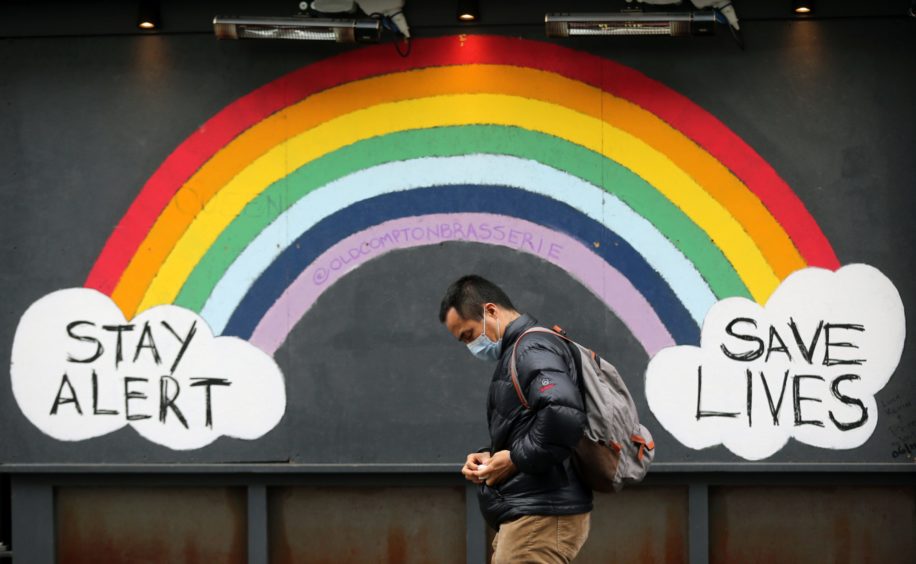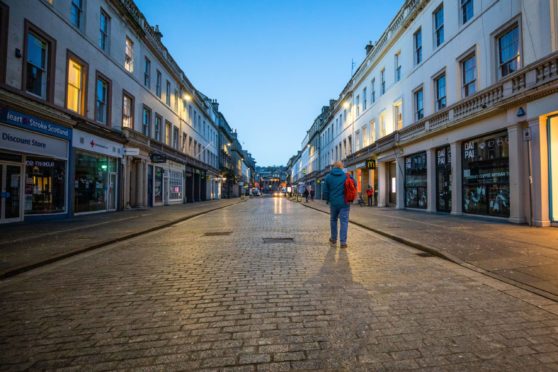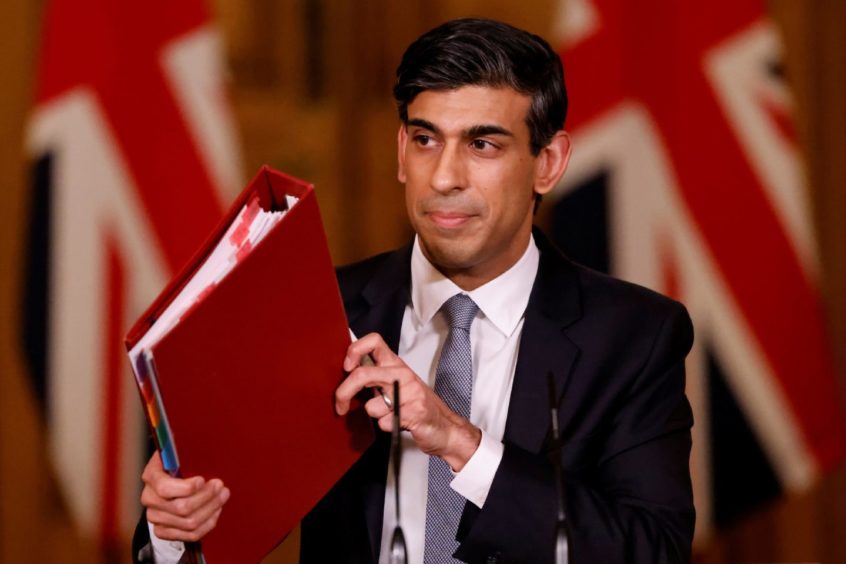Experts have warned Scotland could have been plunged into financial turmoil if the coronavirus pandemic had hit harder north of the border because the current UK funding arrangement may have been insufficient.
Researchers from the Institute for Fiscal Studies, the Fraser of Allander Institute and Stirling University found there were concerns devolved governments across the UK could find themselves with insufficient funding from the UK Government if they were hit particularly hard by the pandemic and unable to raise more themselves.
The funding and financial powers of governments in Scotland, Wales and Northern Ireland are governed by fiscal frameworks that link changes in funding to spending in England, and put strict limits and controls on borrowing.
The researchers found these funding arrangements “largely coped” with the Covid-19 crisis but only as a result of “luck, the huge sums of money provided by the UK Government to address the crisis in England, and ad-hoc bypassing of the normal rules of the frameworks”.

David Eiser, from the Fraser of Allander Institute, said the shift away from the usual process of allocating funding by Barnett consequentials was “critically important in providing the devolved governments the resources and flexibility they need to meet the evolving demands of the pandemic“.
“Nonetheless, whilst crises have been avoided, at times this has perhaps only narrowly been the case,” Mr Eiser said.
“Uncertainty around whether the furlough scheme would be available within a devolved nation if a devolved government felt the need to apply tighter restrictions than prevailed in England may have influenced the timing of restrictions in Scotland and Wales at various points.
“But in the end, the UK Government’s decision to extend lockdown in England averted major crisis around this issue”.
Tricky moments
The research team noted “tricky moments” at the beginning of the pandemic when devolved governments had to wait for confirmation of funding following the announcement of spending in England, and in Autumn as the second wave hit.
The UK Government eventually bypassed the usual rules by giving up-front funding guarantees, and provided the devolved governments with more certainty to plan long-term by allowing them to carry forward funding over multiple years.
However, the team said this was “not suitable” in the long term and may not be granted by governments in any future crisis.
It noted that it was “lucky” the crisis did not disproportionately impact one or more of the devolved nations more than England, either economically or health-wise, because funding based on how much was spent in England may have been insufficient.
The researchers said it is “important to consider how the fiscal frameworks can be made more robust” because future crises – or indeed recovery from the current one – may not be similarly symmetric.
Bigger problems down the line
David Phillips, Associate Director at the IFS, said: “Luck – or the fact that each of the nations was similarly unlucky in terms of the impact of the Covid-19 crisis – and ad hoc temporary changes to the usual rules helped avert major problems.
“In particular, the fact that the path of the pandemic and economy has evolved in similar ways across the UK, and required similar policy interventions, has avoided big differences in funding needs from opening up.
“And up-front funding guarantees and the ability to shift more funding from one year to the next has given the devolved governments both more financial certainty and flexibility.
“But if a future crisis affected one part of the UK much harder than elsewhere, or indeed if recovery is uneven across the country, bigger problems could arise down the line.
“It is therefore still vital to assess – and potentially change – the frameworks to make them more robust.”

